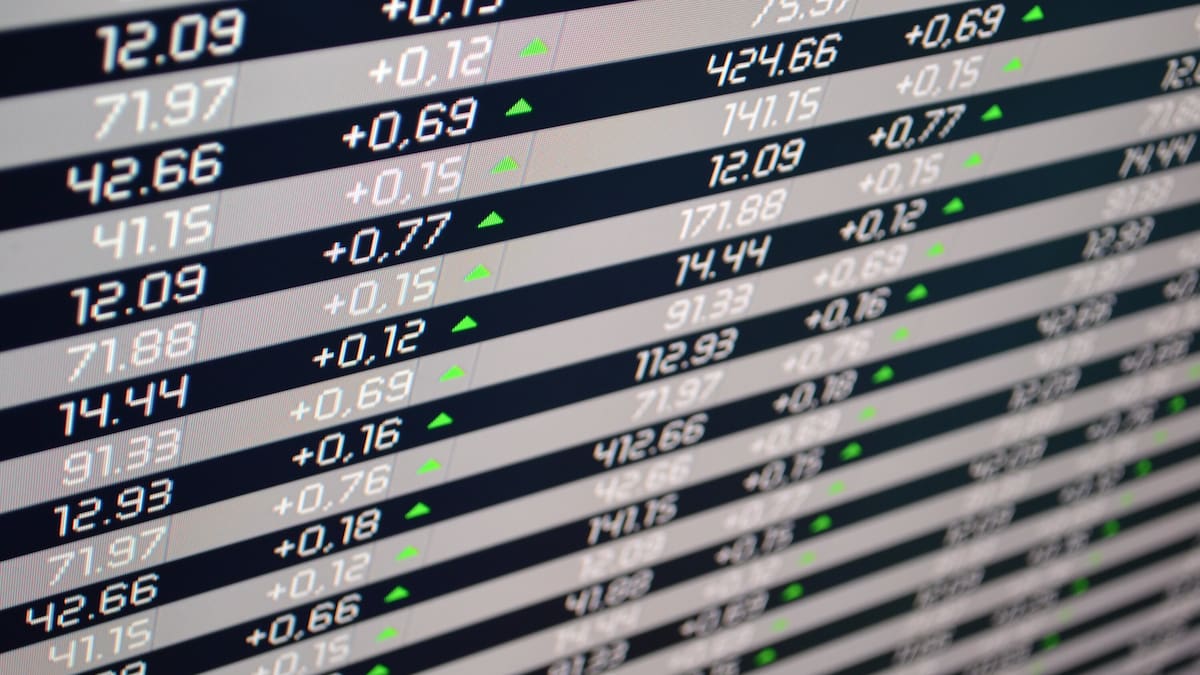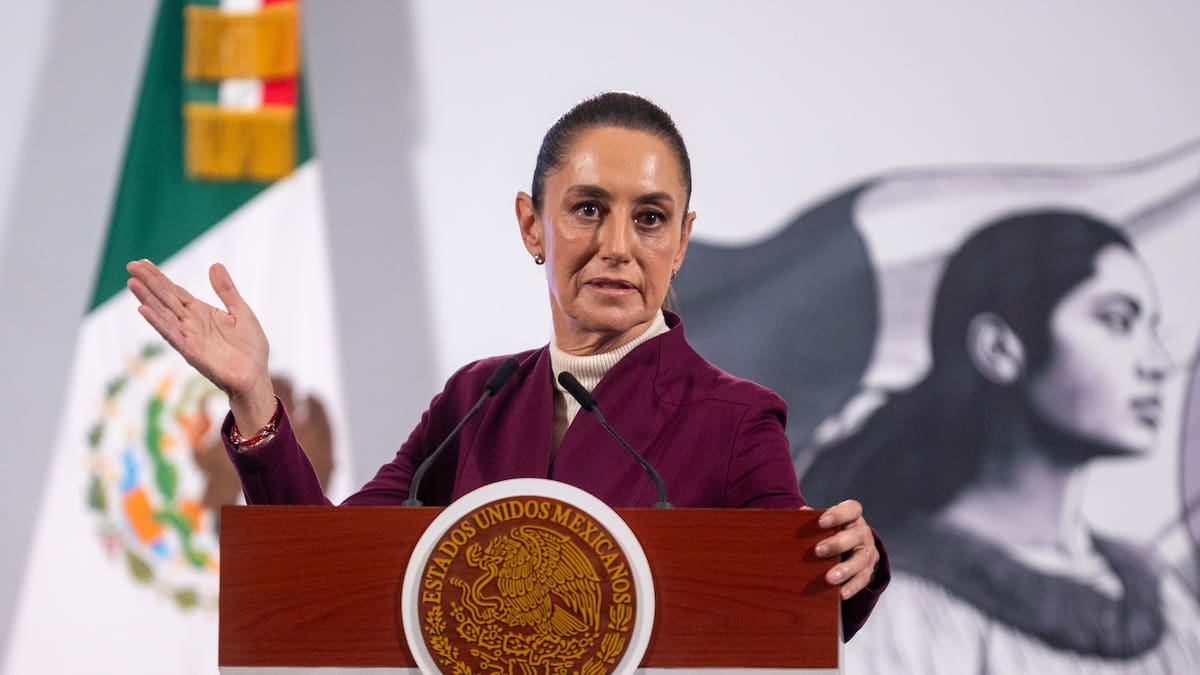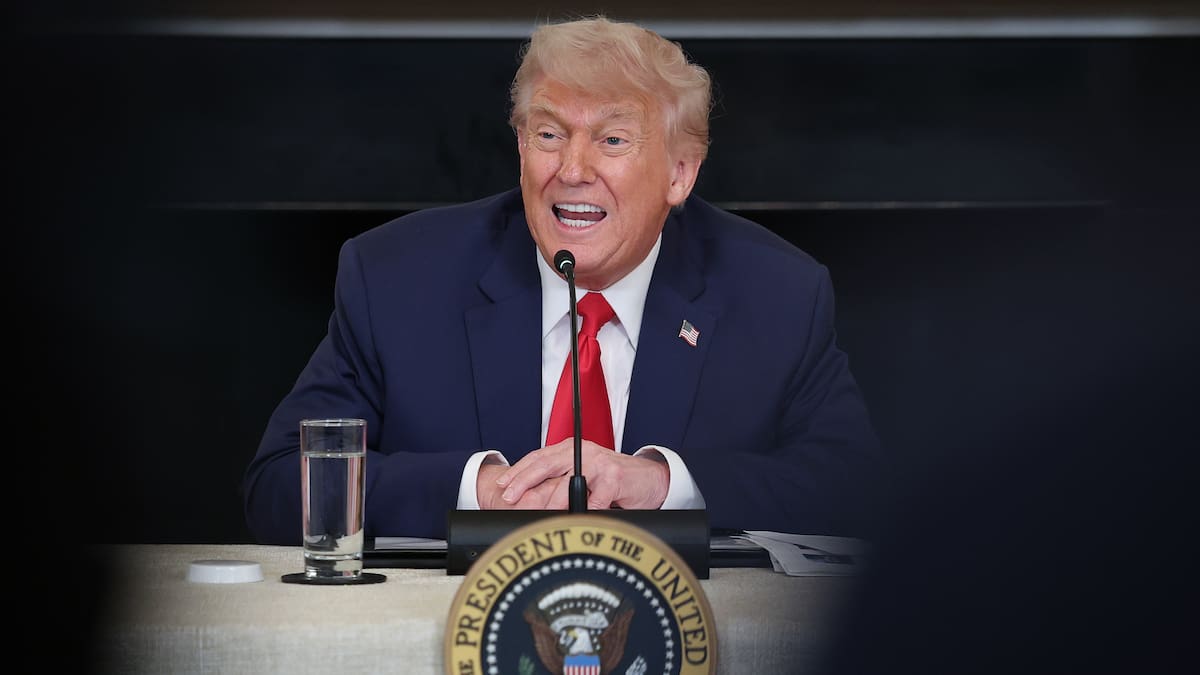“They violated a big part of the agreement we made,” he said Friday. “But I’m sure that I’ll speak to President Xi, and hopefully we’ll work that out.”
It is unclear if Xi is keen on a conversation, the last known call between them was in the days before Trump’s inauguration in January, but the US President’s economic adviser Kevin Hassett signalled on Sunday that officials were anticipating something this week.
US Treasury Secretary Scott Bessent, who last week warned negotiations with China were “a bit stalled”, said at the weekend the leaders could speak “very soon”.

Officials from both sides are set for talks on the sidelines of an Organisation for Economic Co-operation and Development ministerial meeting in Paris on Wednesday.
Before the gathering, the OECD said it had slashed its 2025 growth outlook for the global economy to 2.9% from 3.1% previously expected. It also said the US economy would expand 1.6%, from an earlier estimate of 2.2%.
While there has been no movement on the issue, investors in most Asian markets took the opportunity on Tuesday to pick up recently sold shares.
Hong Kong gained more than 1% while Shanghai returned from a long weekend with gains, even as a private survey showed Chinese factory activity shrinking at its fastest pace since September 2022.

There were also gains in Sydney, Taipei, Bangkok, Jakarta and Manila, while London, Paris and Frankfurt opened higher. Tokyo, Singapore, Wellington and Mumbai retreated.
Seoul was closed for a presidential election.
The advances followed a positive day on Wall Street led by tech giants after a forecast-beating earnings report from chip titan Nvidia.
Still, National Australia Bank’s Rodrigo Catril remained nervous after Trump’s latest salvos. “The lift in tariffs is creating another layer of uncertainty and tension,” he wrote in a commentary.
“European articles suggest the lift in tariffs doesn’t bode well for negotiations with the region [and] UK steelmakers call Trump doubling tariffs ‘another body blow’,” he said.
“The steel and aluminium tariffs also apply to Canada, so they will likely elicit some form of retaliation from there and while US-China trade negotiations are deteriorating due to rare earth, student visas and tech restrictions, steel tariffs will also affect China.
Separately, US Commerce Secretary Howard Lutnick on Monday voiced optimism for a trade deal with India “in the not too distant future”, adding that he was “very optimistic”.
And Japanese trade point man Ryosei Akazawa is eyeing another trip to Washington for more negotiations amid speculation of a deal as early as this month.
Also in focus is Trump’s signature “big, beautiful bill” that is headlined by tax cuts slated to add up to US$3 trillion ($5tn) to the nation’s debt.

Senators have started weeks of what is certain to be fierce debate over the mammoth policy package, which partially covers an extension of Trump’s 2017 tax relief through budget cuts projected to strip healthcare from millions of low-income Americans.
Oil prices extended Monday’s surge that resulted in West Texas Intermediate briefly jumping 5% on concerns about an escalation of the Russia-Ukraine conflict and suggestions Washington could hit Moscow with stricter sanctions.

That compounded news that the Opec+ producers’ grouping had agreed a smaller-than-expected increase in crude production.
Traders were also monitoring tensions over Iran’s nuclear programme after Tehran said it would not accept an agreement that deprives it of what it calls “peaceful activities”.
– Agence France-Presse






